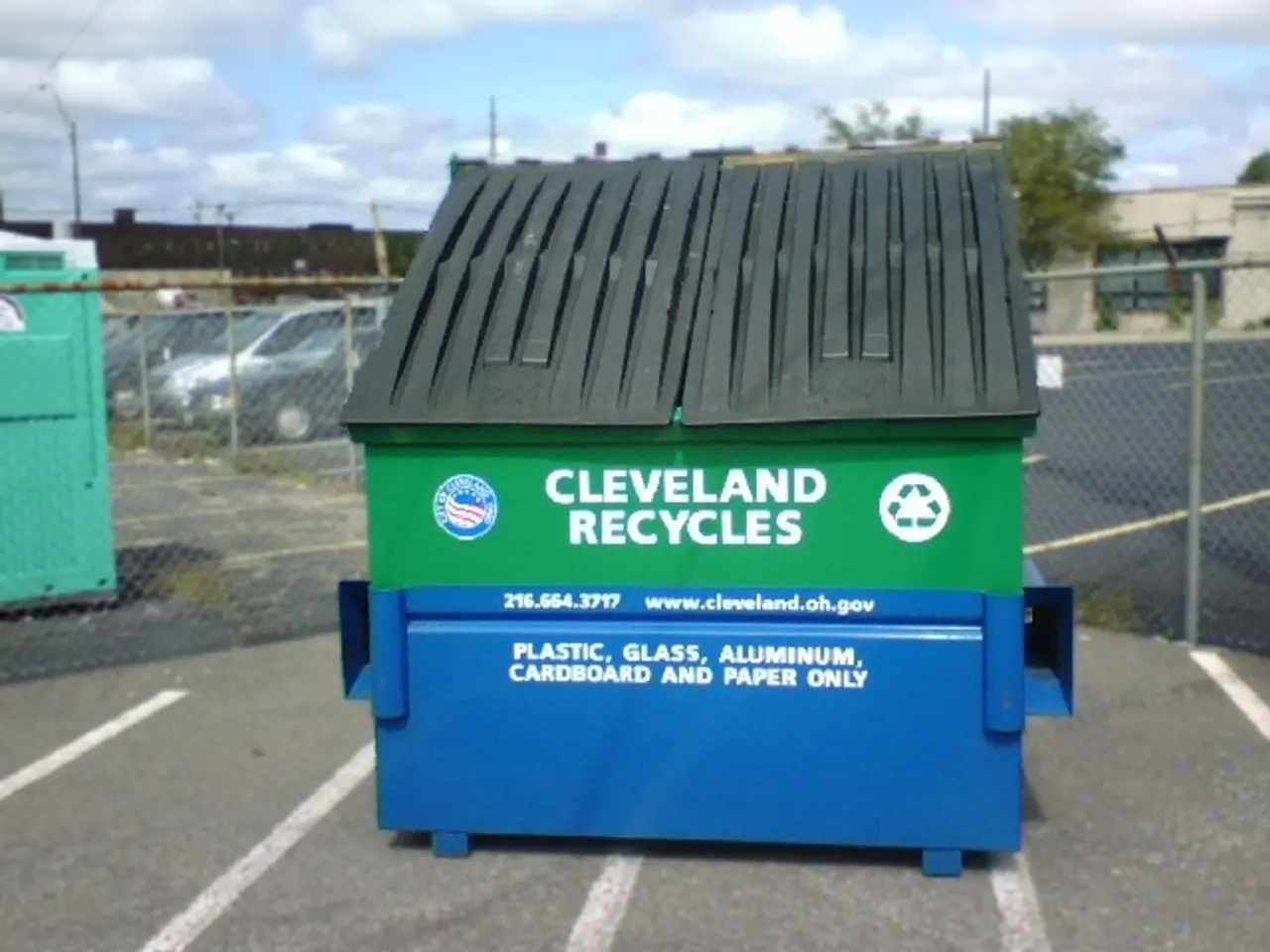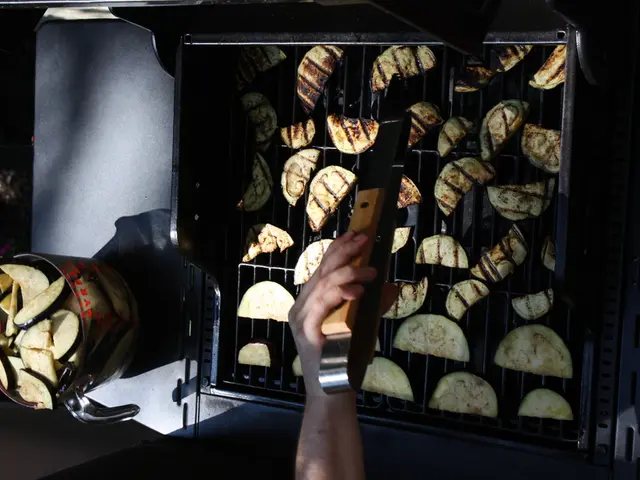2025 Waste Management and Energy Conversion Event in Malaysia: Emphasis on Asia
The waste management sector in Malaysia is experiencing significant growth, with a strong focus on waste-to-energy (WTE) and biomass projects. This development is evident in the strategic planning and progress being made in plant construction and government initiatives.
Waste-to-Energy Projects
Two WTE plants in Jeram, Selangor, are on track to be completed by the end of 2025, with operations commencing in early 2026. These twin plants, capable of processing up to 3,000 tonnes of solid waste daily, will relieve pressure on the nearly full Jeram landfill. The state's ambition is to establish a total of five to six WTE plants to cater to future waste management needs, with additional plants planned for Tanjung 12 and Bukit Tagar. Land acquisition for these new sites is underway, and further expansions are being considered as waste generation is projected to rise from 7,500 to 10,000 tonnes daily over the next decade [1].
Biomass and Biogas Projects
The Samaiden Group has secured three bio-energy projects under Malaysia’s 2025 e-bidding mechanism. These projects include two biomass power plants in Tangkak (Johor) and Kemaman (Terengganu), as well as a biogas power plant in Bachok (Kelantan). These projects have feed-in tariff approval for 21 years and are expected to be commissioned starting in the second half of 2028. Together, they will add over 18 MW of renewable energy capacity, contributing to Malaysia’s decarbonisation and renewable energy diversification goals [2].
National Biomass Action Plan 2023-2030
While specific details about the National Biomass Action Plan 2023-2030 are yet to be disclosed, the incorporation of biomass power plants in ongoing projects and government plans indicates a coordinated effort toward scaling biomass energy within the broader renewable sector. Furthermore, Malaysia’s 13th Malaysia Plan promotes agricultural waste optimisation for circular economy goals, supporting bioenergy development while encouraging waste separation and reuse [5].
Broader Context
Malaysia aims to increase renewable energy’s share to 40% of total installed power capacity by 2035, targeting net-zero emissions by 2050. In this context, WTE and biomass energy are integral parts of a diversified renewable energy mix alongside solar and hydropower. However, the expansion of WTE has drawn some mixed reactions regarding environmental impacts, with calls for more holistic and transparent approaches toward waste management [4][5].
In conclusion, Malaysia is advancing its WTE infrastructure with operational plants soon coming online and multiple bio-energy projects approved, reflecting the government’s strategic emphasis on renewable energy diversification and sustainable waste management as part of its National Biomass Action Plan and broader clean energy roadmap [1][2][5]. The country's commitment to sustainable waste management and renewable energy is evident, positioning Malaysia as a key player in the ASEAN region's waste-to-energy power generation sector.
Energy Transition and Finance
The expanding WTE and biomass energy sectors in Malaysia present novel avenues for investments and partnerships within the renewable-energy industry, given the imminent commissioning of while projects and the approval of biomass power plants.
Integration of Renewable Energy Sources
With the commissioning of WTE plants and biomass power projects, Malaysia moves closer to achieving its goal of a 40% share of renewable energy in its total installed power capacity by 2035, contributing to its vision of net-zero emissions by 2050.
The Role of Carbon Reduction
As Malaysia progresses in its energy transition, with an increasing emphasis on renewable energy, it is crucial to implement carbon capture strategies to complement these projects, promoting a comprehensive approach to sustainability within the finance, industry, and energy sectors.




